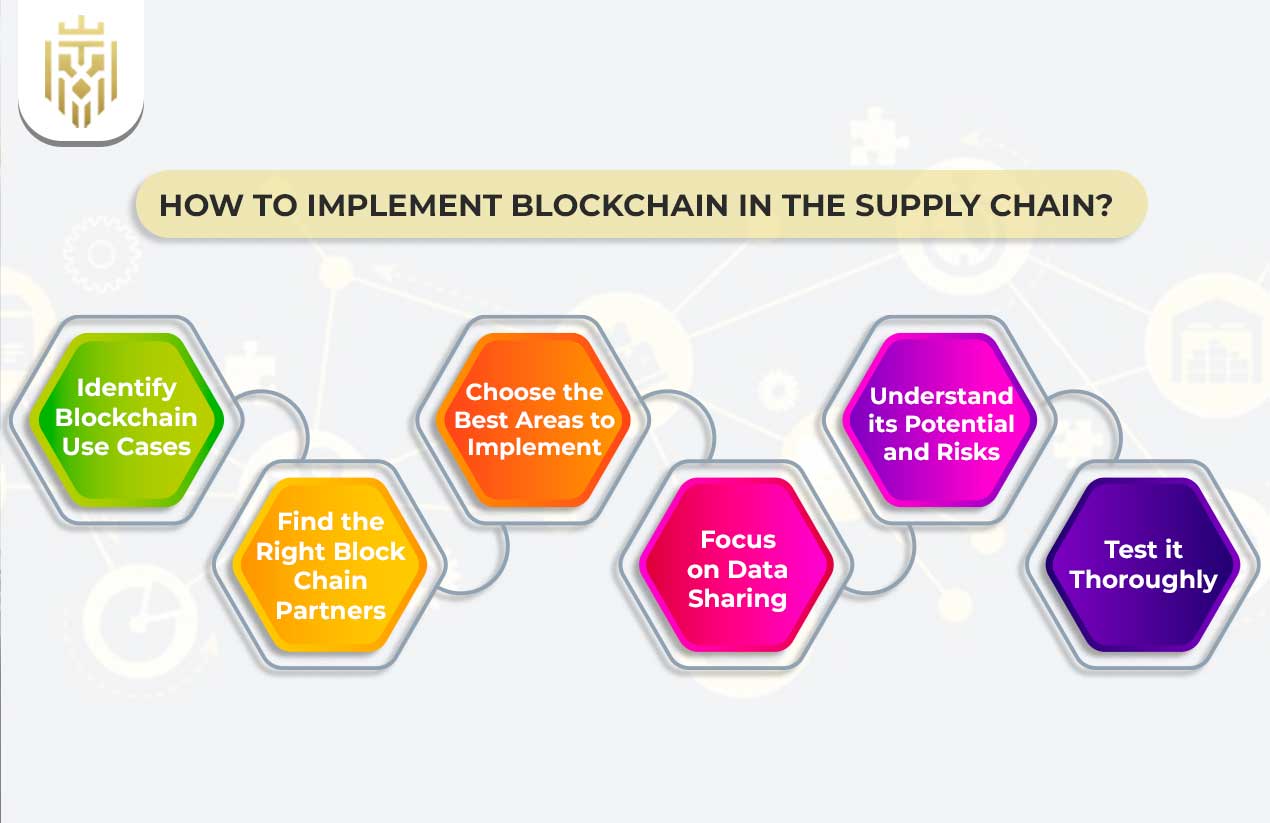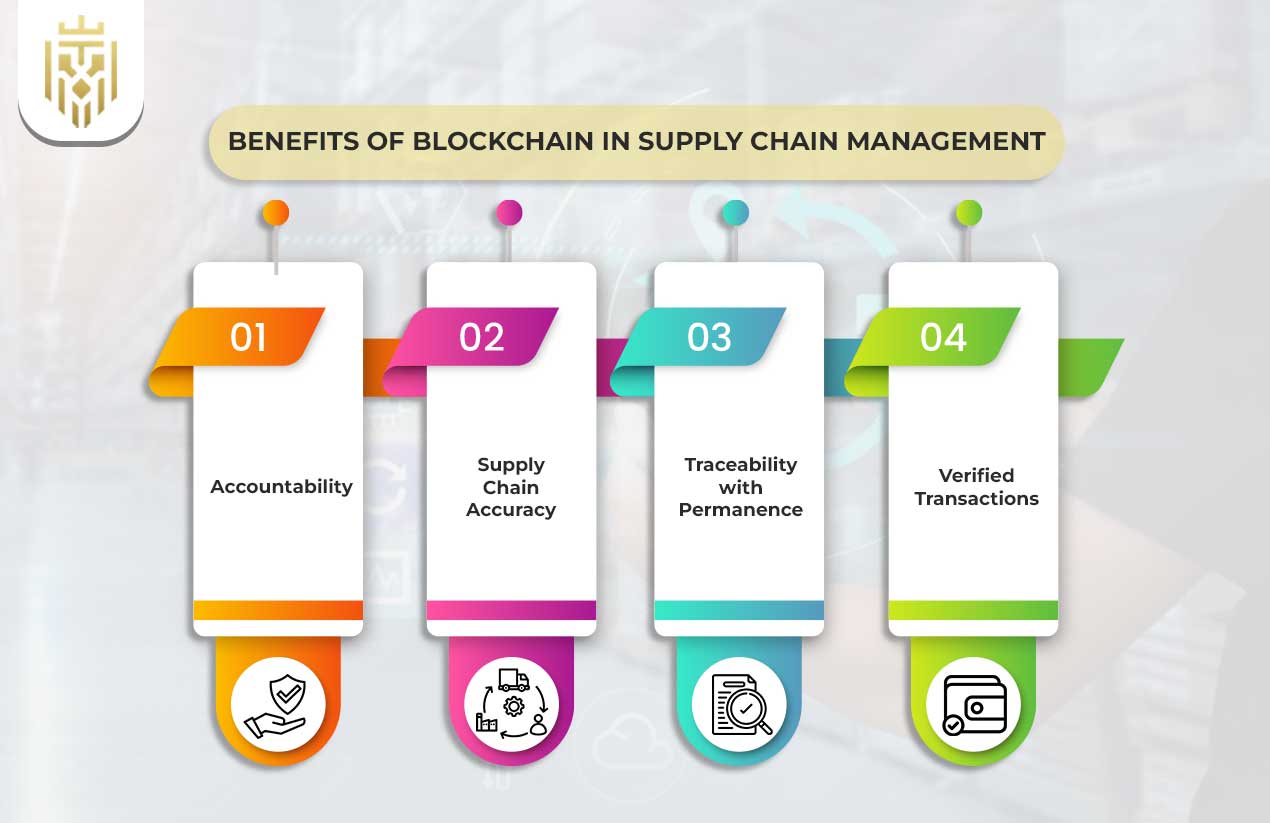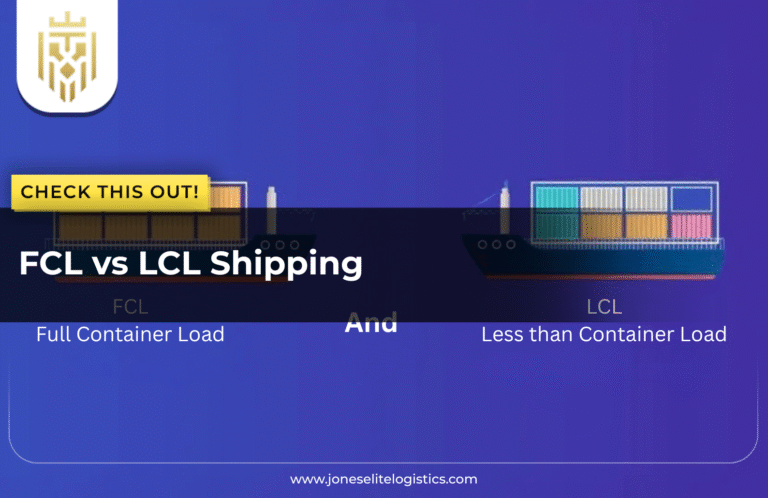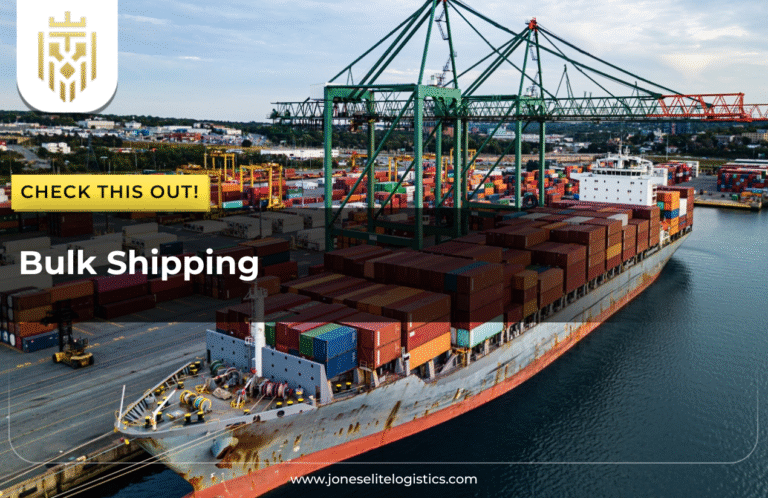What is Blockchain in Supply Chain Management?
Supply chain management in blockchain uses decentralised ledger technology for supply chain transparency and traceability. Permissioned blockchain guarantees a secure, immutable record of transactions that create trust and reliability among stakeholders. The supply chain digital transformation with blockchain integrates to enhance inventory management by providing real-time data on inventory levels, thereby improving supply chain efficiency.This digital transformation supports a circular supply chain with accurate data and robust processes.
Why use Blockchain for Supply Chain Management?
Block chain in supply chain solutions strengthen product authenticity, make tracking items simple, and verify compliance. Smart contracts, which optimize cash flow, and real time visibility, which improves supply chain transparency and reduces fraud, are features. Implementing blockchain technology allows supply chain participants to access a shared ledger, enhancing collaboration and trust. Secure data audits prevent errors, leading to better accountability and aligning with ethical sourcing practices.
How to Implement Blockchain in the Supply Chain?
Selecting collaborative partners, identifying use cases, implementing blockchain by targeting areas with consistent processes and shared value. Share data, risk evaluate, and start with a proof of concept for adoption. Utilizing a blockchain platform like IBM Blockchain can streamline the integration process, ensuring scalability and security across the blockchain network.

-
Identify Blockchain’s Use Case
Typically, evaluating how to implement blockchain in supply chain means determining the right balance between digital readiness and maximum business value. A strong use case ensures that blockchain adoption fits the scope of supply chain management, which supports supply chain digital transformation. For instance, enhancing supply chain traceability through blockchain technology can significantly reduce the risk of counterfeit goods and improve compliance.
-
Find the Right Block Chain Partners
Selecting partners that care about data accuracy and collaboration are important for reliable blockchain supply chain management. Adopting blockchain solutions in partnership with established providers like IBM Blockchain can address security concerns while promoting innovation.Such collaborations ensure efficiency and alignment with supply chain management objectives.
-
Choose the Best Areas to Implement
When it comes to successful blockchain in supply chain management, it’s about areas that have consistent processes and a shared value proposition. The circular supply chain integration must be integrated with the systems that are interoperable. Leveraging blockchain applications in sectors like the food supply chain enhances transparency and trust among consumers and stakeholders.
-
Focus on Data Sharing
Blockchain supply chain systems foster collaboration through accurate data sharing and interoperability. They reduce fraud, ensure quality, and maintain trust among stakeholders. Leveraging supply chain visibility and security features to align with the scope of supply chain management goals is one of the several ways on how to implement blockchain technology in supply chain.
-
Understand its Potential and Risks
But for blockchain supply chain management, scalability, efficiency and cost need to be considered in conjunction with its immutable records. But businesses must also manage implementation risks when trying to increase supply chain transparency and cut intermediaries. By aligning blockchain’s potential with the circular supply chain, blockchain can be both innovative and practical.
-
Test it thoroughly
Proof of concept (PoC) is the next step of the process where you test how to implement blockchain in supply chain. PoCs evaluate potential impacts, gain stakeholder buy in and aid in the integration of blockchain into the scope of supply chain management. Testing with platforms like IBM Food Trust can validate the effectiveness of blockchain technology in enhancing food safety and traceability.
What are the Blockchain Use Cases in Supply Chain Management?
Use cases in blockchain supply chain management encompass traceability, transparency, efficiency, and tradeability.It is an incorruptible system ensuring real-time tracking of goods, minimising fraud, increasing data accuracy, and enabling automated transactions through smart contracts.Implementing blockchain technology addresses challenges in traditional supply chains, offering solutions for complex supply chain operations.
Caption: What are the Blockchain Use Cases in Supply Chain Management?
-
Traceability
The most pertinent advantage blockchain offers to traceability in supply chains is providing an immutable and secure record of transactions.Stakeholders can ascertain the accurate identification of a product throughout its journey, enhancing visibility and reducing errors or counterfeiting risks.This is particularly beneficial in tracking raw materials in industries dealing with luxury goods.
-
Transparency
In supply chain management, blockchain records every transaction in real-time on a shared, tamper-proof ledger.This real-time data sharing eliminates information silos, establishes trust among all parties, and allows verification and monitoring of goods throughout the supply chain. Enhanced supply chain transparency is vital for supply chain leaders aiming to improve accountability.
-
Tradeability
Tradeability is enhanced through tokenized assets and smart contracts in the supply chain. These technologies simplify licensing, ownership, and transactions, ensuring transparent and legally binding trade agreements. Adopting blockchain solutions facilitates efficient and secure trading among supply chain participants.
Benefits of Blockchain in Supply Chain Management
Blockchain shapes up to be a tool that enhances the transparency, traceability and accountability of supply chains. Real time tracking, fraud reduction, automated payment with smart contracts and accurate, secure sharing of data in the supply chain for seamless management.

-
Accountability
Blockchain in supply chain management provides transparency and immutable record of transactions. This enhances supply chain transparency, reduces fraud and aid in complying with origin to destination standards. Trust between stakeholders and the alignment with the goals of a circular supply chain and promoting ethical sourcing.
-
Supply Chain Accuracy
Blockchain supply chain systems are more accurate because they create an immutable record of how goods are moved. Tracking is transparent and it propels accountability, as well as a circular supply chain. This advancement fits into the scope of supply chain management, improving decision-making, and operational precision. Utilizing blockchain applications ensures data integrity across the entire supply chain.
-
Traceability with Permanence
Blockchain technology records transactions permanently and transparently from source to destination, allowing traceability. It increases digital transformation, reduces counterfeiting, and supports regulatory compliance. Enhanced supply chain traceability builds trust and improves operational efficiency.
-
Verified Transactions
By implementing blockchain in supply chain management, transactions are verified, tracked securely and transparently. This eliminates risks of counterfeiting and delays, boosting transparency. The use of blockchain technology provides a reliable record of supply chain transactions, strengthening operational efficiency and security.
How does blockchain make supply chain management more efficient?
Blockchain improves supply chain efficiency by providing a secure, audit-proof digital record of every transaction. This reduces manual errors and enhances traceability and process automation. Real-time knowledge of goods and data movement enables smooth operations and informed decision-making. Adopting blockchain technology addresses inefficiencies in traditional supply chains, leading to streamlined processes
-
How does blockchain technology bring tradeability to the supply chain?
Blockchain records all transactions in a decentralised, immutable ledger, enhancing traceability and tradeability of goods. This creates a transparent and secure environment for stakeholders to track goods, prevent fraud, and ensure regulatory compliance. The use of smart contracts allows for rapid, trustworthy, and auditable trading, benefiting supply chain partners.
How does blockchain technology enhance product traceability?
Traceability of the product is bolstered by blockchain, as it logs every movement and transaction down to the details in a distributed immutable ledger. This mechanism allows stakeholders to view a transparent and accurate product history, minimising errors and expediting recalls. Implementing blockchain technology enhances trust among entities in the supply chain network.
How does blockchain technology improve supply chain transparency?
By creating an immutable and shared record of transactions and events, blockchain makes supply chains more transparent and establishes visibility for all stakeholders at every step—from the first source to the final delivery. This eliminates data silos, allowing parties to verify in real-time how goods are sourced, treated, and handled. Utilizing blockchain technology ensures comprehensive supply chain data management.
FAQs
1.What is Blockchain in Supply Chain Management?
Block chain in supply chain management makes use of decentralised, immutable ledger technology to increase transparency, traceability and secure transaction records. It builds trust, eliminates errors and enables supply chain digital transformation across industries.
2.What are the Benefits of Blockchain in Supply Chain Management?
Verified transactions, supply chain transparency, reduces fraud, enhances compliance, and facilitates real time tracking are all made possible with blockchain network. It increases operational efficiency, facilitates building trust and circular supply chain through improved accountability and traceability.
3.How to Implement Blockchain in the Supply Chain?
Implement blockchain in supply chain management by identifying use cases, selecting collaborative partners, focusing on optimal areas, ensuring data sharing, managing risks, and starting with a proof of concept to validate feasibility and scalability.
4.Why use blockchain for supply chain management?
Product tracking is made better, authenticity is verified, compliance is ensured and payments are automatic using smart contracts. Its transparency, security, and efficiency are indispensable for modern supply chain management to achieve digital transformation.









